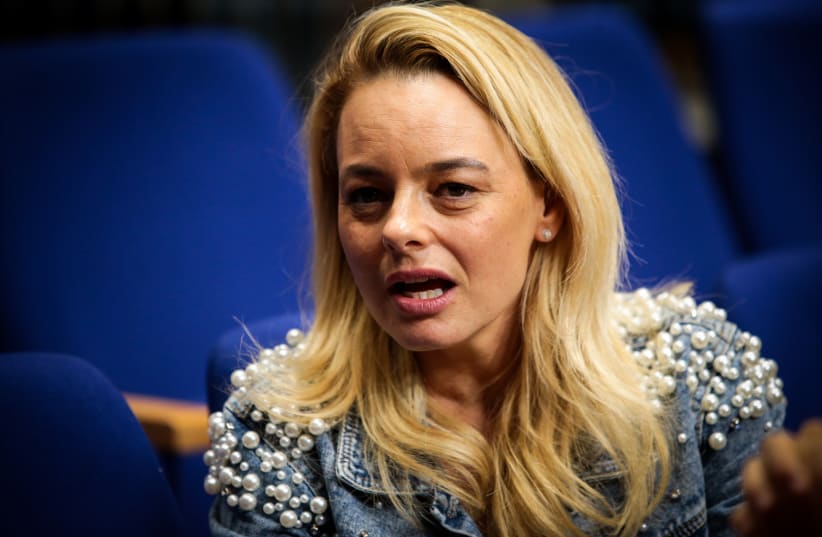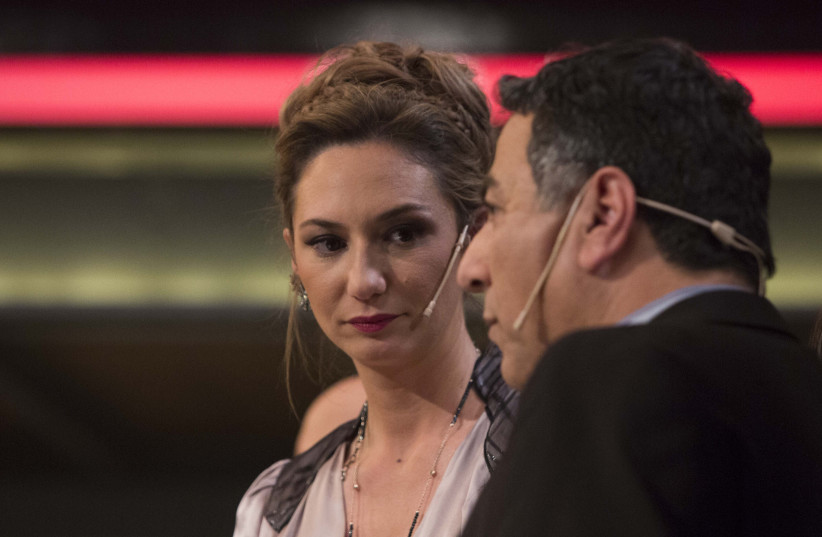Israeli businesswoman Ruthy Leviev-Yelizarov is under fire for her social media campaign, which promoted niddah and family purity. Niddah refers to a woman who has experienced a uterine discharge of blood and is prohibited from engaging in sexual activity during this period.
Many female celebrities shared their experiences on social media and seemed to agree with Leviev-Yerlizarov’s campaign. Therein lies the reason for the criticism against her. As it turns out, many of these celebrities were paid to participate in the campaign.
View this post on Instagram
The celebrities that participated in the She’asani Isha ("[God who] made me a woman") campaign include actress and tv host Yael Bar-Zohar, Master Chef mentor Michal Ansky and reality star Shay Mika.
The She’asani Isha project is led by Leviev-Yelizarov, a marriage and sex counselor – who is the daughter of Israeli diamond magnate Lev Leviev – and Bracha Shilat, an entrepreneur and activist.
The campaign is aiming to spread the word about the Jewish traditions and laws of family purity in a way that is empowering and personal.
According to the two project leaders, She’asani Isha mapped out the best mikvaot (ritual baths) in terms of visibility, cleanliness, aesthetics and service; they gave select mikvaot around the country a quality rating that indicates that they meet even the most stringent standards. They hope to add more and more mikvaot to this list.
Bar Zohar is the star of one of the initiative’s videos on social media. In a professionally produced video, she spoke to Mika.
“My desire is to go to the mikveh every month, and [to] be able to keep niddah every month,” Mika said. “There are beautiful sides of immersion in the mikveh.” Bar Zohar added that “there is something special about staying away [from your husband] in order to get closer. There is a lot of wisdom in the Torah that unconnected people cannot see.”
How much for the campaign?
At the She’asani Isha launch event, videos were shown of the guests who spoke of their personal experiences. However, an investigation of the Good Evening with Guy Pines TV show revealed that Mika received between NIS 15,000-20,000 to promote discourse on the issue.
Bar Zohar, who led the campaign as an interviewer, received between NIS 40,000-50,000 and Michal Ansky also received a similar amount.
Leviev-Yelizarov said to the Guy Pines team that “purity of the family is a very big part of She’asani Isha, which actually addresses this point of boredom and lack of passion – there is the tool [in Judaism] of actually getting away a bit, to get closer.”
“It was very important to us that the connection be real and, in these videos, we also see that each one of the women tells about her personal connection,” Leviev-Yelizarov said in response to the criticism.
“We did not know what each one would say in their videos. The payment is not for what they will say and talk about a particular topic, but for their time, for the days of filming they attended.”
“I do not usually reveal numbers of how much people are paid, but we paid them as is customary in these types of productions,” she said.

